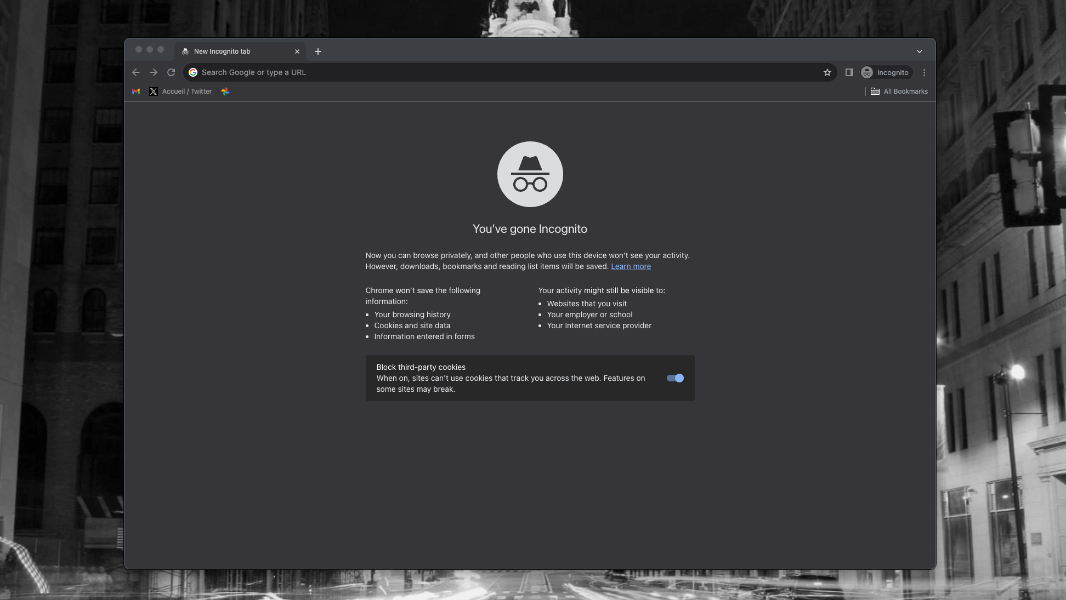Google Updates Chrome’s Incognito Mode Disclaimer Following Privacy Lawsuit
- Laurent Giret
- Jan 17, 2024
-
2

Google is about to update the disclaimer on Google Chrome’s Incognito mode after settling a privacy lawsuit accusing the browser of tracking Incognito users without their knowledge. The updated disclaimer is currently visible on the Canary version of Google Chrome (via MSPoweruser), and the wording is now more transparent about the data collection that’s still happening in the background.
The current version of the disclaimer says “Now you can browse privately, and other people who use this device won’t see your activity. However, downloads, bookmarks, and reading list items will be saved.” The page also makes it clear that your browsing activity may still be visible to websites you visit, your employer or school, and your Internet service provider.
Windows Intelligence In Your Inbox
Sign up for our new free newsletter to get three time-saving tips each Friday — and get free copies of Paul Thurrott's Windows 11 and Windows 10 Field Guides (normally $9.99) as a special welcome gift!
"*" indicates required fields
On Google Chrome Canary, the disclaimer now explicitly says that browsing the web in Incognito mode “won’t change how data is collected by websites that you visit and the services that they use, including Google.” That’s pretty much what the plaintiffs alleged in the class action lawsuit, as they claimed that Google could still use its Analytics technology, cookies, and apps to track Chrome users in Incognito mode.

Google agreed to settle the $5 billion class action lawsuit last month, but the settlement terms haven’t been disclosed. Anyway, this is a positive change that will impact all Chrome users around the world, though it could be weeks before this new disclaimer makes its way to the browser’s Stable channel.
In Europe, the Digital Markets Act, which will go into effect on March 6, will also soon force Google to allow users to unlink some of its services. As an example, it will be possible for EU users to unlink Chrome, Google Search, and Google Maps and prevent these services from sharing data with each other for certain purposes, including personal recommendations and ads.